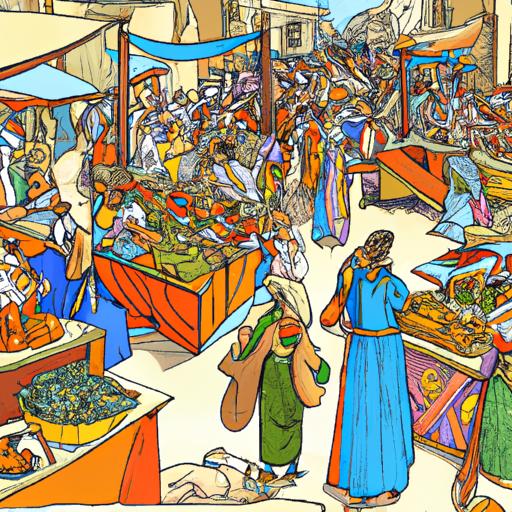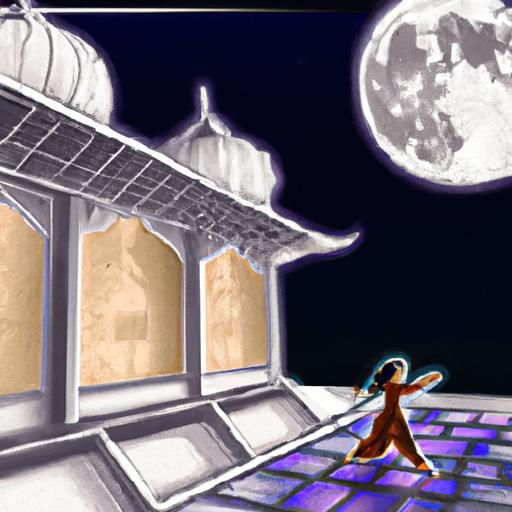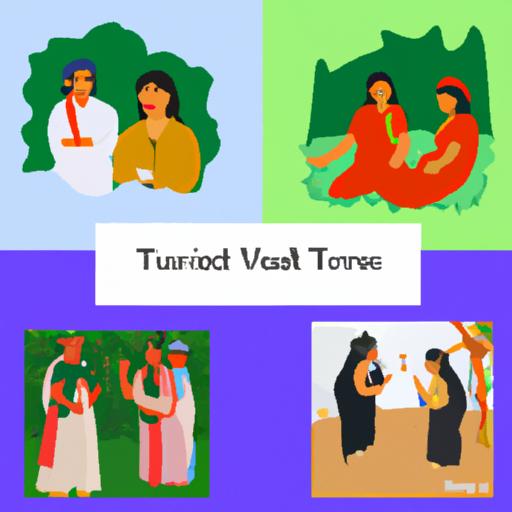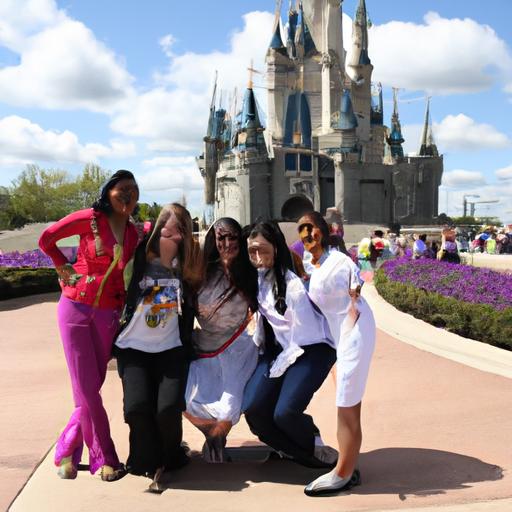Introduction
The Age of Exploration stands as a pivotal period in human history, characterized by intrepid explorers venturing into uncharted territories. However, beyond the conquests and discoveries, this era fostered a vibrant cultural exchange that shaped the world we know today. In this article, we delve into the significance of cultural exchange during the age of exploration and explore its profound impact on societies across the globe.

Factors Driving Cultural Exchange during the Age of Exploration
The Age of Exploration was fueled by an amalgamation of motivations, technological advancements, and economic factors that set the stage for extensive cultural interactions.
Motivations behind Exploration and Expansion
Driven by a thirst for knowledge, wealth, and power, explorers embarked on daring voyages to uncover new lands. Their insatiable curiosity about the world and desire to expand their empires led to encounters with diverse civilizations, fostering opportunities for cultural exchange.
Technological Advancements Facilitating Cultural Exchange
The Age of Exploration witnessed remarkable advancements in navigation, shipbuilding, and cartography. Innovations like the compass and astrolabe enabled explorers to navigate uncharted waters, facilitating their interactions with foreign cultures. These technological breakthroughs paved the way for enhanced trade routes and communication, promoting the exchange of ideas and customs.
Economic Factors Influencing Cultural Interactions
Trade was a crucial catalyst for cultural exchange during the Age of Exploration. The search for valuable commodities and new trade routes drove explorers to establish connections with distant lands. As merchants traversed oceans, they not only exchanged goods but also shared cultural practices, leading to the fusion of traditions and customs.

Forms of Cultural Exchange during the Age of Exploration
Cultural exchange during the Age of Exploration manifested in various forms, leaving an indelible mark on societies around the world.
Trade and Commerce between Different Civilizations
Trade routes stretching across continents facilitated the exchange of goods, ideas, and knowledge. The Silk Road, for instance, connected Eurasia, enabling the transmission of goods, technologies, and philosophies between Europe, Asia, and Africa. This vibrant trade network played a pivotal role in the cultural diffusion that characterized this era.
Exchange of Knowledge and Ideas between Explorers and Locals
As explorers encountered new civilizations, they engaged in intellectual and cultural exchanges with the locals. This cross-pollination of ideas resulted in the transmission of scientific knowledge, art, literature, and religious beliefs. The Renaissance, which blossomed in Europe during this period, was greatly influenced by the influx of knowledge from other cultures.
Intermarriage and Assimilation of Cultures
Intimate relationships between explorers and indigenous populations led to intermarriage and the assimilation of cultures. These unions not only fostered mutual understanding but also resulted in the blending of traditions, languages, and even genetic heritage. This fusion of cultures contributed to the rich diversity we see in societies today.
Introduction of New Foods, Plants, and Animals
Explorers introduced new foods, plants, and animals to different parts of the world, forever altering the culinary landscape and ecosystems. The Columbian Exchange, for example, brought potatoes from the Americas to Europe, rice from Asia to the Americas, and horses from Europe to the Americas. This exchange of flora and fauna transformed diets, agriculture, and economies across continents.
Impact of Cultural Exchange during the Age of Exploration
The cultural exchange during the Age of Exploration left a profound and lasting impact on societies, shaping the course of history in multiple ways.
Cultural Diffusion and the Spread of Knowledge
The exchange of ideas, technologies, and philosophies facilitated by exploration led to cultural diffusion on a global scale. The Renaissance in Europe was fueled by the transfer of knowledge from the Islamic world and ancient civilizations, sparking an intellectual revolution that reshaped art, science, and literature. Similarly, the spread of printing press technology allowed for the dissemination of ideas, enabling the Enlightenment and scientific advancements.
Influence on Art, Literature, and Language
The encounter with new cultures during the Age of Exploration inspired artists, writers, and poets, resulting in the emergence of diverse artistic movements. European artists incorporated elements of African, Asian, and Indigenous American art into their works, creating a fusion of styles. Literary masterpieces, such as Shakespeare’s plays, drew inspiration from foreign cultures, reflecting the impact of cultural exchange on language and literature.
Social and Religious Changes Resulting from Cultural Exchange
Cultural exchange during the Age of Exploration brought about significant social and religious transformations. The encounter with new belief systems challenged existing religious paradigms, triggering debates and reforms. The rise of Protestantism, for instance, was influenced by the ideas of Martin Luther, who drew inspiration from his encounters with different cultures during his travels.
Long-lasting Legacies and Contributions from Different Civilizations
The Age of Exploration paved the way for the shaping of modern societies through the contributions of diverse civilizations. The knowledge and technologies brought back from distant lands revolutionized industries, agriculture, and medicine. The impact of these interactions can be seen in the foundations of modern democracy, the global economy, and the blending of cultural traditions.
Conclusion
The Age of Exploration stands as a testament to humanity’s insatiable curiosity and thirst for exploration. However, beyond the historical conquests and discoveries, the period’s cultural exchange remains a defining legacy. The interactions between diverse civilizations during this era shaped our modern world, fostering the exchange of ideas, knowledge, and customs that continue to enrich our lives today. As we reflect on this transformative period, we are reminded of the enduring power of cultural exchange in shaping the vibrant tapestry of human civilization.
This article is brought to you by Đại Nam Group.






